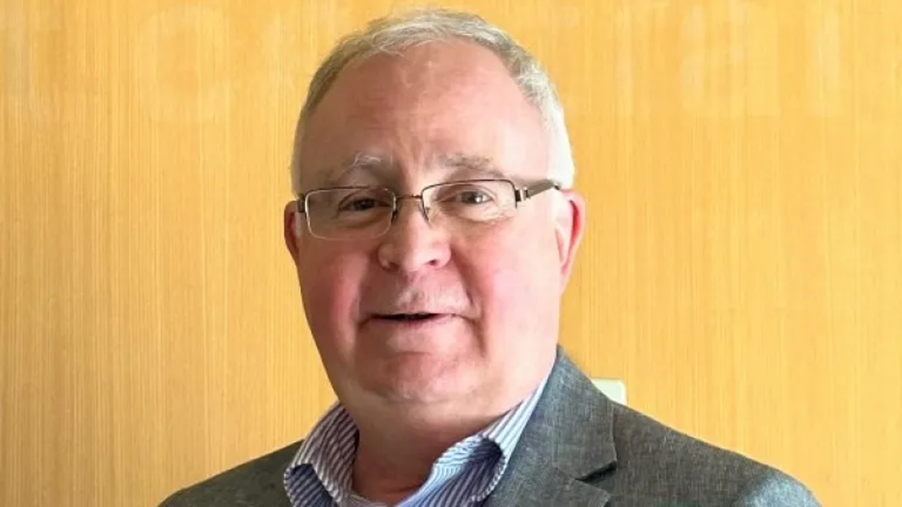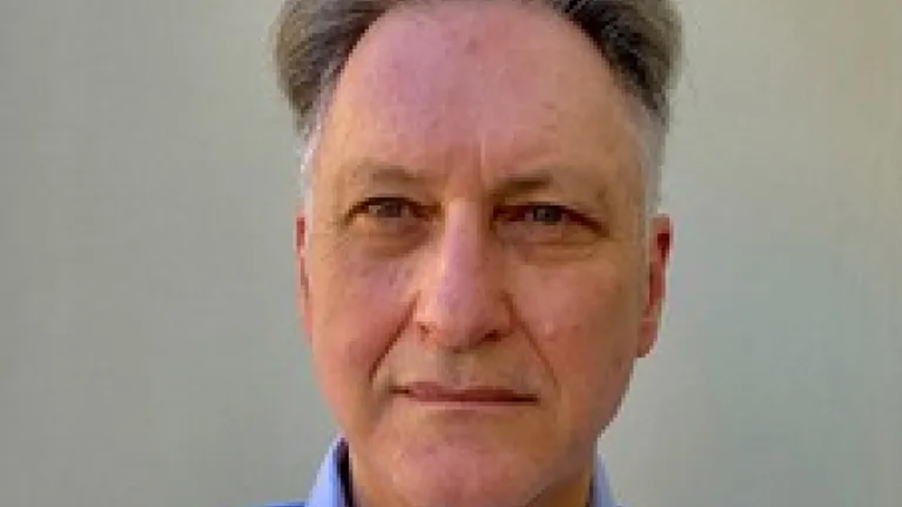
FLIGHT PHYSIOLOGY FOR AEROMEDICAL TRANSPORT
Overview
The Flight Physiology for Aeromedical Transport Course provides participants with a structured introduction to the principles, practices, and operational environment of aeromedical evacuation. It equips clinicians and support personnel with the foundational knowledge required to understand in-flight physiology, environmental limitations, and the multidisciplinary coordination necessary for safe and effective air medical operations.
Importantly, this course bridges the gap between formal postgraduate university programs—such as Graduate Certificates and Diplomas in Aeromedical Transport—and the need for a concise, practice-oriented introduction for those new to the industry or seeking short, targeted refresher training. It offers an accessible entry point into the field, focusing on the essential physiological and operational elements that underpin safe aeromedical practice.
Key facts
4 weeks fully online with live teaching OR
1 day intensive in-person
Online $495.00 (incl GST)
Intensive early bird $990.00 (incl GST)
Intensive full $1210.00 (incl GST)
Certificate of participation + Gain CPD points TBA
Online course: 2 -27 March 2026
1 day intensive: Saturday 31 October 2026
Course details
-
The Flight Physiology for Aeromedical Transport Course aims to provide healthcare professionals with a structured understanding of the physiological, environmental, and human factors considerations that underpin the safe and effective conduct of aeromedical transport, whether as an entry-level foundation or a professional refresher.
Explain the fundamental physiological effects of flight on the human body and their implications for aeromedical transport.
Describe the impact of environmental stressors—including pressure change, hypoxia, vibration, noise, and acceleration—on patient care and crew performance.
Recognise the operational, physiological, and human factors that influence safety, performance, and patient outcomes in the aeromedical environment.
Apply physiological and human factors knowledge to analyse, prevent, or mitigate risks associated with flight and aeromedical operations.
-
This course is designed for healthcare professionals involved in, or preparing to engage with, aeromedical transport and retrieval operations. It is particularly relevant for:
Flight nurses and flight paramedics commencing or consolidating their aeromedical practice;
Medical practitioners (general practitioners, emergency physicians, registrars, and retrieval consultants) seeking an introductory understanding of flight physiology that guides aeromedical decision-making;
Aeromedical coordinators, dispatchers, and operations personnel who support mission planning and patient movement;
Health administrators, policy makers, and educators involved in aeromedical governance, systems design, or clinical training.
-
Two delivery options are available:
Online Mode (4-week format) – asynchronous e-learning modules supported by live lectures, fortnightly Q&A sessions with subject matter experts, and formative quizzes.
Face-to-Face Mode (1-day intensive) – an in-person course suitable for conference adjunct delivery, incorporating interactive lectures and applied discussion.
-
Online Mode (4-week format)
Course 1 – Monday 2 March 2026 – Friday 27 March 2026
Course 2 TBA
Face-to-Face Mode (1-day intensive):
Saturday 31 October 2026, adjacent to Aeromed Conference 2026 (Darwin NT)
-
Online Mode (4-week format) :
$495 (incl GST)
Face-to-Face Mode (1-day intensive):
Early bird rate: $990 (incl GST)
Full registration: $1,210 (incl GST)
Inclusions
Certificate of Participation.
Access to Aerospace Medicine specialists from Human Aerospace
Administrative and teaching support.
Catering for Face-to-face mode: morning tea, lunch, and afternoon tea.
Cancellation
Human Aerospace reserves the right to cancel or modify the course details, dates, and venues. Registrations exceeding capacity or insufficient enrolments may result in cancellation, with participants notified promptly.
Refunds
Participants may be eligible for refunds under certain conditions:
If Human Aerospace cancels the course.
If a visa application is refused (proof required).
If cancellation occurs six weeks before the start date.
No refunds for withdrawals within six weeks of the start date. Registration can be transferred to a substitute participant of to a later course.
KEY PEOPLE
Professor Gordon Cable AM, Cofounder and head of Flight Medicine at Human Aerospace.
Professor Cable is an Honorary Professor of Aerospace Medicine, School of Medicine and Psychology, Australian National University, a Fellow of the Australasian College of Aerospace Medicine, long-time educator at former head of training at RAAF Institute of Aviation Medicine, Space Medicine & Life Sciences Lead (2020–21) at the Australian Space Agency, and holds multiple international aerospace Fellowships.
Professor Tracy Smart AO, Professor, Military and Aerospace Medicine, ANU School of Medicine and Psychology
Professor Smart is Professor of Military & Aerospace Medicine at ANU, focusing on health security, military service impacts, leadership, and as a Space Medicine Mission Specialist for InSpace. A physician and retired RAAF senior officer, she served 35 years, including RAF/USAF exchanges, overseas deployments, and as ADF Surgeon General.
Dr Kate Manderson, Principal Medical Officer, Civil Aviation Safety Authority
Dr Manderson is Principal Medical Officer for Australia’s Civil Aviation Safety Authority. She specialized in aerospace medicine through the ADF (Royal Australian Navy) before joining the civil sector. She’s a Fellow of Royal Aeronautical Society, the Aerospace Medical Association, Australasian College of Aerospace Medicine, and RACGP, with broad experience in medical education, leadership, and governance, focusing on rural healthcare.
Dr Tony Hochberg, Deputy Principal Medical Officer, Civil Aviation Safety Authority
Dr Hochberg is Deputy Principal Medical Officer at CASA, with a background as an Aviation Doctor for CAA NZ/CASA and Corporate Physician, managing aeromedical retrievals, hyperbaric repatriation, and travel health. He taught aviation medicine (postgrad) and occupational medicine at Edith Cowan University, University of Otago, and Curtin University.




